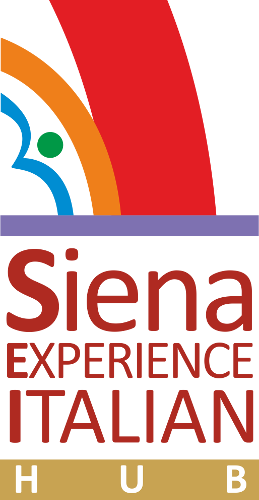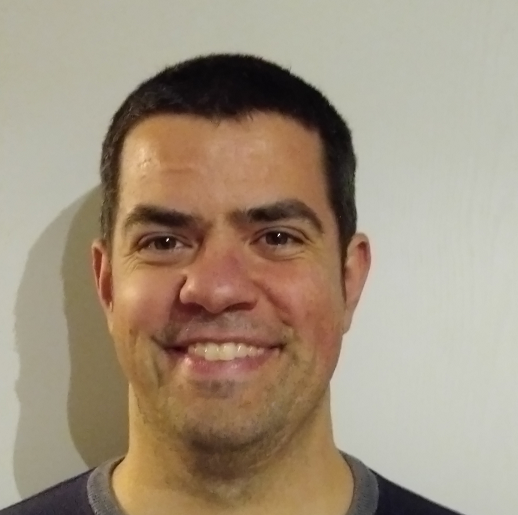COURSES TAUGHT
Elementary Italian
ITALIAN 101 – A basic introduction to the Italian language. Participants will learn basic phrases and be able to form sentences in order to satisfy concrete and simple needs. Students will also learn how to introduce themselves and how to ask and answer personal questions on such topics as where they live, people they know, and things they own. The course will also focus on interactions with other students, vital for improving fluency and developing a basic vocabulary. During the course, most of the classroom time will be spent in practicing speaking and listening skills through interactions. Simple written exercises will also be carried out.
Intermediate Italian
ITALIAN 201 – The purpose of these courses is to learn Italian as a communicative skill and to become more proficient in both speaking and understanding within a greater variety of situations. Comprehension: Students will be able to understand content referring to basic personal background information and needs, such as lodging, transportation, and shopping, as well as personal interests and activities. Speaking: Students will be able to speak about themselves and family members, ask and answer questions, and participate in simple conversations on topics that go beyond immediate needs, such as personal history and leisure time activities. Reading: Students will be able to read and comprehend descriptions of people, places, and things in the areas of personal interest or knowledge. Writing: Students will write about topics related to personal experience, such as preferences, everyday events, and daily routines.
Philosophy – Materialism versus Dualism
For centuries philosophers and scientists have been discussing the very essence of humankind: are we made of two distinct parts, mind and matter, or do we consist of one part, the physical form visible to everyone? The answer to this question has been sought after not only in philosophy, but also in modern psychology, neuroscience, and science technology. Starting with the latest results in science, the course will deal with the positions of two contemporary philosophers who are complete opposites in their beliefs: Daniel C. Dennet defends the materialistic view, supported by many experiments, often referring to laboratory experiments; whereas, David Chalmers wants to give a scientific defense to the mind and its taking a decisive role in our everyday actions. In this course, we will also examine other philosopers’ views, such as Paul and Patricia Churchland and Thomas Nagel, notably different in their ideas but fascinating for their experiments and contributions to the debate. In the end, students will outline the results of these studies in order to draft their personal ideas on this intricate question.


